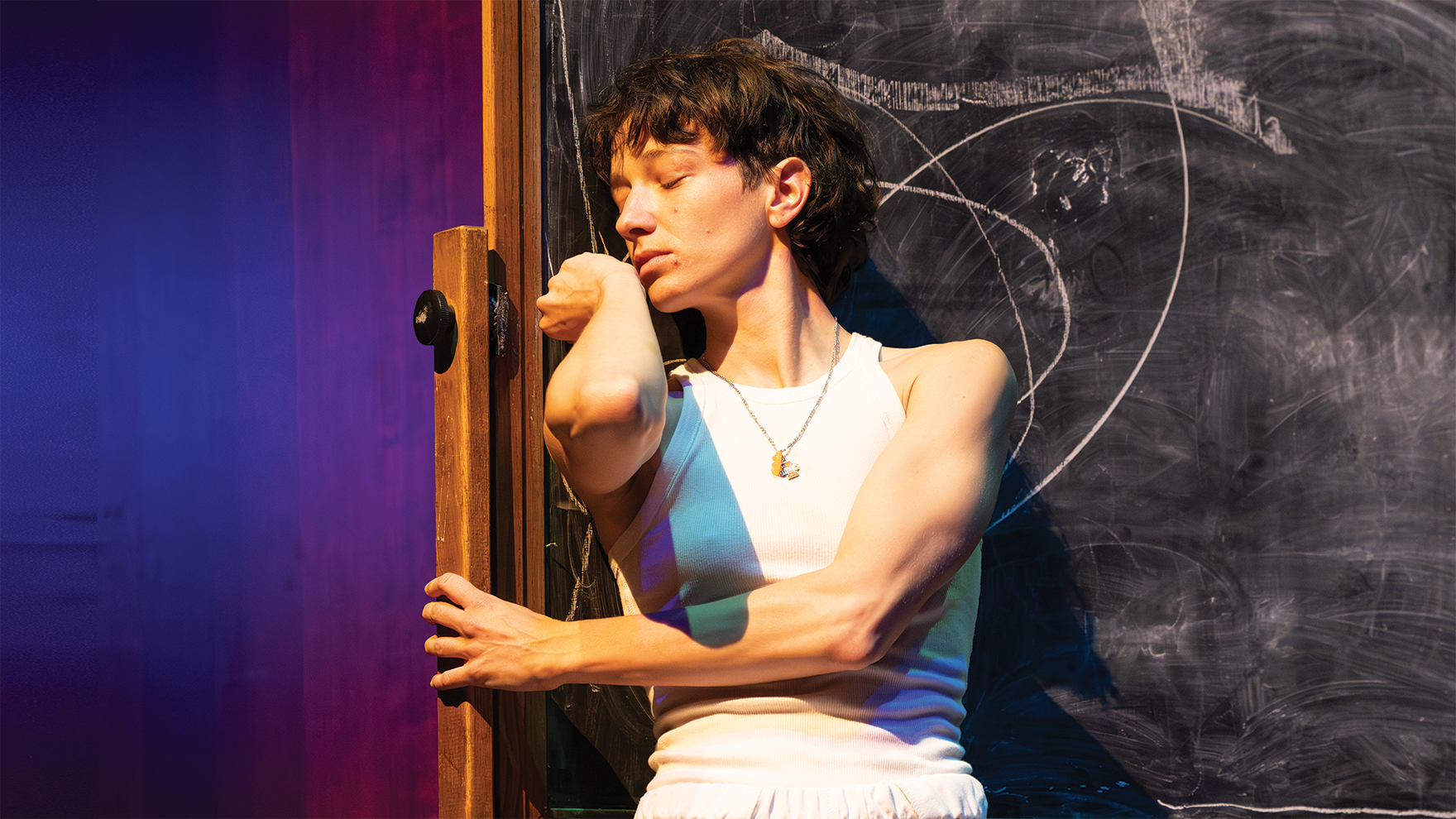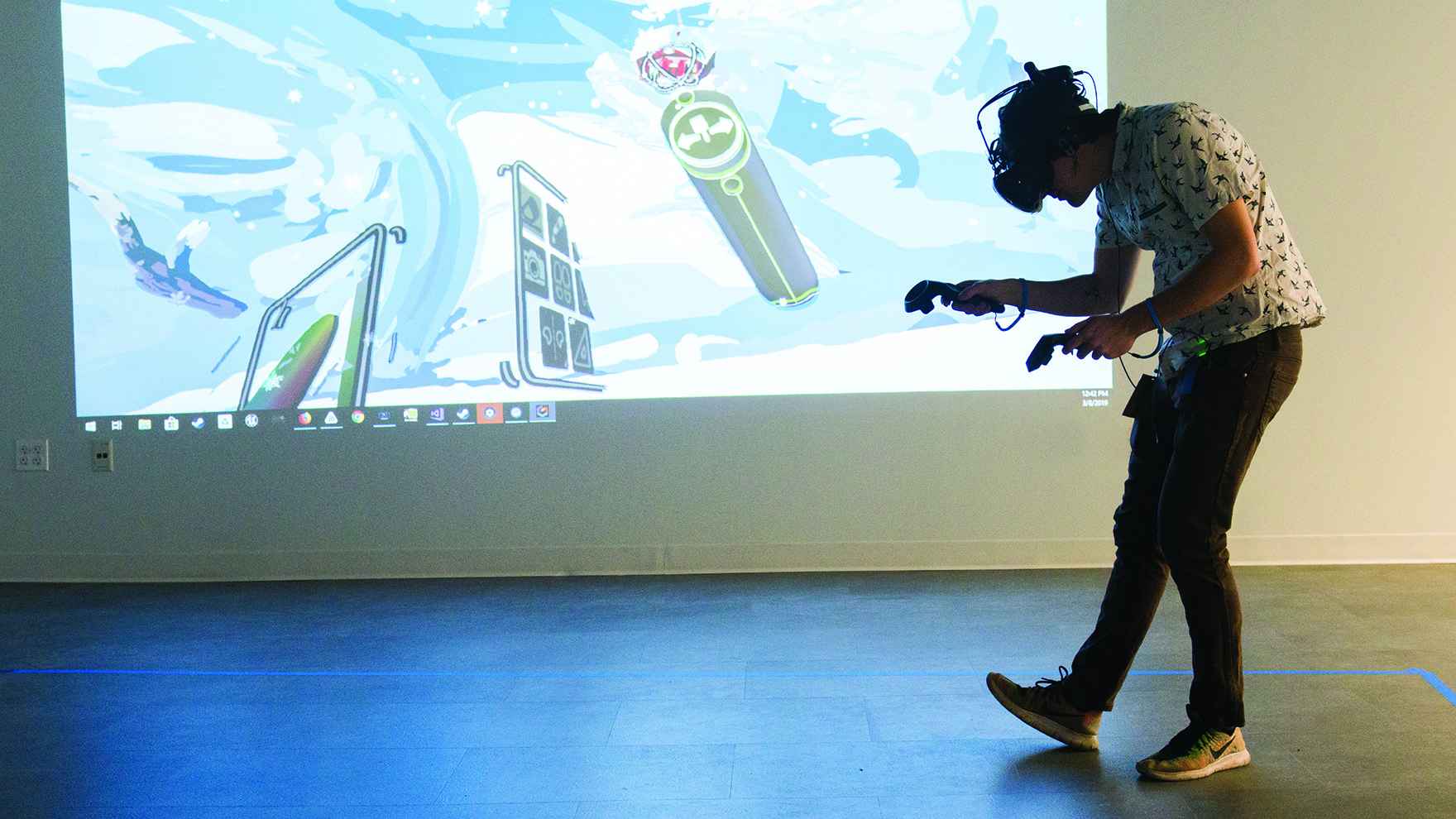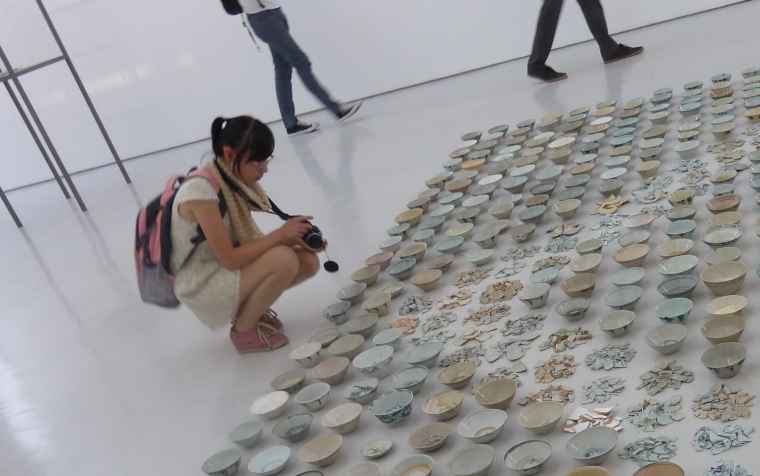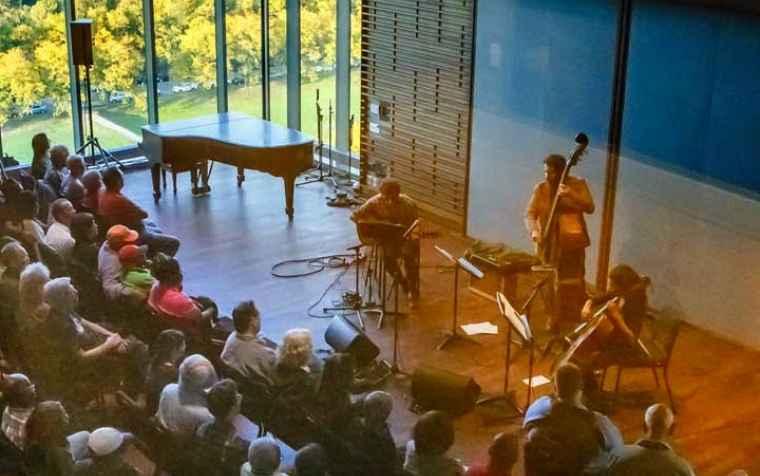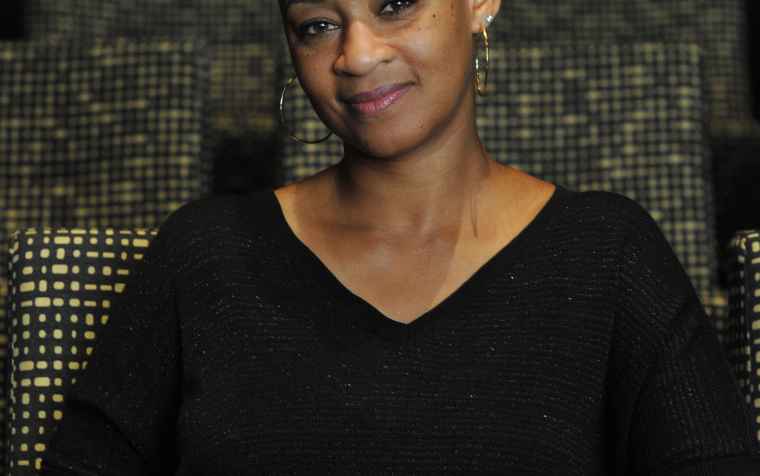UChicago Faculty Members Included in Newcity Art's "Art 50: Chicago's Artist's Artists"
Several faculty members of the Department of Visual Arts were featured on Newcity Art's list of "Chicago Artist's Artists." Newcity Art is devoted to coverage of visual arts in Chicago, and includes news, reviews, and features. Jessica Stockholder, Professor and Chair, was praised for the way that Chicago has featured in and informed her work, particularly with "Color Jam," her summer 2012 installation. Laura Letinsky, Professor, was noted for her innovative "constructions," which combine the notions of reproductions and originals, as well as William Pope.L, Associate Professor, for the ways he explores "the abject fantasies underpinning the absurdity of black male identity—and, by extension, all American identities."
Read the full profiles here.
David Nirenberg on Anti-Judaism in 'The Chronicle of Higher Education'
David Nirenberg, the Deborah R. and Edgar D. Jannotta Professor of History and Social Thought, wrote an article titled "Anti-Judaism as Critical Theory" for The Chronicle of Higher Education. Nirenberg, who studies "the ways in which Jewish, Christian, and Islamic cultures constitute themselves by inter-relating with or thinking about each other," echoes Hannah Arendt's The Origins of Totalitarianism when he asks in the article, "How and why do ideas about Jews and Judaism become convincing explanations for the state of the world in a given time and place?" Utilizing theorists like Arendt, Marx, and Hegel, Nirenberg traces the history of thinking about Judaism and how that thought has shaped our view of the world.
Read the full article here, and find his latest book Anti-Judaism: The Western Tradition here.
Alumni Recognized for Service and Professional Achievement During Alumni Weekend
Two alumni with ties to the Division of the Humanities will be recognized at the 72nd Annual Alumni Awards Ceremony on Saturday, June 8th.
Nancy Parra, AM'66, PhD'73, is a member of the Alumni Club of Houston, the Alumni Board of Governors, and the Visiting Committee to the Division of the Humanities. The years of her involvement with the Alumni Club of Houston have seen an increase in alumni participation. During her time with the Alumni Board of Governors she helped produce the Student Externship Program, which both positively impacts the lives of students and promotes alumni service. Parra will be presented with the Alumni Service Award in honor of her her continued advocacy for the University.
Eva Fishell Lichtenberg, LAB'49, AB'52, AM'55, PhD'60, will be presented with the Alumni Service Medal "for her thoughtful approach in identifying the needs of current students to ensure their overall experience – from curriculum, student life, and extracurricular activities – showed growth and revitalization." She has served on the Alumni Board of Governors, the Visiting Committee to the Department of Music, the Visiting Committee to the College, and currently serves on the University of Chicago Women’s Board and the Visiting Committee to the Division of the Humanities. She also serves on a number of charitable boards throughout Chicago.
Learn about the Alumni Awards Ceremony and read the full alumni biographies here.
Alumni Weekend will take place from June 6 to June 9. To find out more about the weekend's programming and to register, please visit the Alumni Weekend site.
Lauren Berlant Interviewed in 'Xtra! Canada'
Xtra! Canada recently featured a Q&A with Lauren Berlant, George M. Pullman Professor in English, and 2013 Northrop Frye Professor of Literary Theory at University of Toronto's Centre for Comparative Literature. In the Q&A, Berlant discusses her most recent book, Cruel Optimism, as well as U.S. politics, same-sex marriage, and teaching.
